Notes on the research visit at Kenyatta University, Nairobi, Kenya
Researcher: Aleksandra Rydzkowska
a. Persons participating from UNIMC, where it took place, etc (general info)
I was a part of the research group within 2nd mobility hosted by Kenyatta University in Nairobi, Kenya. The research visit was planned from February 28th to March 30th, 2020. It was prematurely terminated on March 15th, 2020 due to COVID-19 pandemic. The research visit was focused on three aspects:
- investigation of curriculum and facilities at the Kenyatta University School of Creative and Performing Arts, Film and Media Studies, concentrating mostly on the Film Department,
- research on interests, needs, and expectations of film students,
- developing and implementation of workshops for film students based on their expectations and needs.
b. Scope of talks (it is worth considering separately plenary talks and Board meetings).
During two weeks of the academic visit at the Kenyatta University School of Creative and Performing Arts, Film, and Media Studies we gained the main achievements as follows:
- understanding of needs of the Film Department regarding facilities and equipment (acquired mostly by work shadowing),
- understanding of the interests and expectations of film students as well as their skill level (gained during the formal and informal learning),
- planning and implementation of filmmaking workshops:
- on the first meeting and after the presentation of students’ works, we had a chat about their expectations. Based on that I have created a plan for monthly workshops which aimed to develop filmmaking skills and produce two short films (described in Annex 1.).
c. Arrangements / things that you particularly noticed / important observations.
After work shadowing in the Film Department (Film Directing and Cinematography groups), as well as based on the practical work with students, I have diagnosed the following issues regarding the facilities:
- big groups of students (50-70 people) do not allow active participation,
- practical courses are theorized due to lack of space and equipment,
- not updated or not available software,
- better equipped computer labs are not available for all students,
- deficiencies in film equipment prevent the implementation of works at a higher level and block students’ potential,
and regarding students’ works:
- poorly recorded and mixed sound,
- uncreative use of music,
- issues with framing, composition, and exposure of footage.
d. Information that part of the arrangements have been made, and the next are to be implemented in working groups at later dates, etc.
Due to early termination of the project, it was impossible to introduce all solutions we have planned. It could be worthwhile to continue workshops with students in the future, focusing primarily on technicalities of sound and music in film, as well as creative use of camera. Our greenscreen workshop was effective in teaching how to use available materials and items when professional equipment is not accessible. It was received with enthusiasm and commitment from students. Therefore, we had planned a similarly purposed workshop on simple special effects.
The lack of equipment and problem with rooms is difficult to fix. I would only suggest facilitating Film Department in SSD drive. They are in possession of the professional quality digital film camera Blackmagic Design Cinema Camera. It is not used at all though, because of its recording system on SSD instead of SD cards. This small expense would facilitate the Department an additional camera with a high-quality standard.
e. Conclusion
During two weeks from February 28th to March 15th, 2020, we have started to achieve goals of the initial proposal. However, due to global pandemic, and visit termination, it was impossible to obtain all the objectives planned for the academic visit to the Kenyatta University. Despite the significant progress and general enthusiasm and willingness to work among students, we were not able to implement all scheduled activities and produce short films. We also planned to attend and observe more courses such as graphic design, fabric design, and ceramics. As an additional profit, we also wanted to take interviews with students and employees and prepare video documentation of the project, which we only managed to do to a very small extent.
Get in touch! Subscribe to our newsletter!
[mailpoet_form id=”1″]

